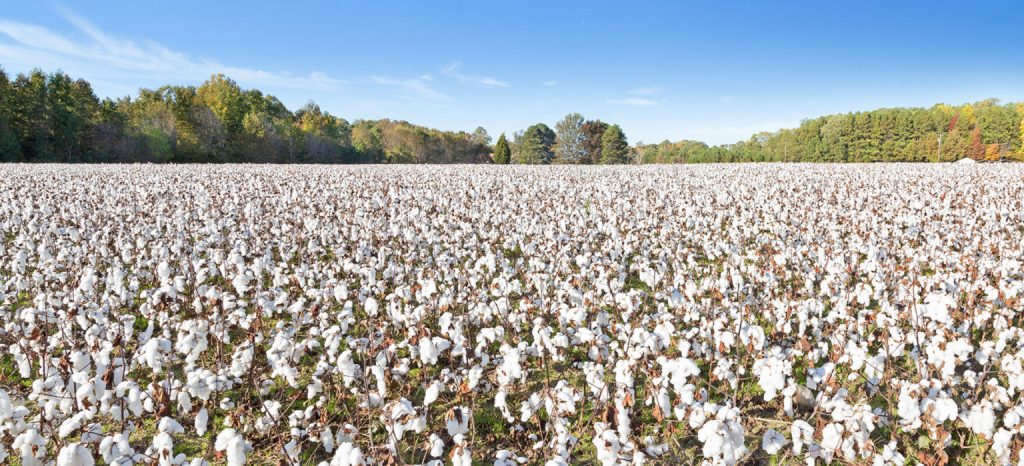Abrapa highlights the leading role of Brazilian cotton producers in environmental preservation during Better Cotton Conference
Business and Markets |
Brazilian cotton farms, the world’s largest exporter of cotton fiber, preserve at least 20% of their area with native vegetation
The Brazilian Association of Cotton Producers (Abrapa) emphasized at this year’s Better Cotton Conference the dual social role of Brazilian cotton farmers: producing fibers and food while simultaneously preserving native vegetation areas in the country. The event, held by the Better Cotton Initiative in Izmir, Turkey, took place from June 18 to 19.
This message was the central theme of the presentation given by Abrapa’s International Relations Director, Marcelo Duarte, during the panel “The Role of Farmers: Restoring Ecosystems for a Resilient Future.” He presented, with numbers, the contribution of Brazilian cotton growers both economically and environmentally.
Abrapa’s director also highlighted that all farms certified under the Responsible Brazilian Cotton program (ABR) are annually monitored by independent third-party certifiers. ABR is a socio-environmental certification benchmarked against the Better Cotton label. Additionally, international traders and commercial partners closely follow the practices adopted in Brazilian farms, reinforcing trust in the cotton produced in the country.
This commitment to sustainability and transparency helps explain Brazil’s prominent position in the global market: today the country is the largest cotton exporter and the third largest producer worldwide. The sector boasts a high level of traceability and socio-environmental responsibility, with 84% of all national production certified by the ABR and Better Cotton programs, following the best sustainability practices. Another differentiator is the production model: approximately 92% of Brazil’s cotton cultivation area is rainfed, meaning greater efficiency in water use.

Brazilian Forest Code is one of the most robust in the world
During the panel, Duarte also presented the Brazilian regulatory framework. Under the Forest Code, cotton producers in Brazil allocate at least 20% of their property area to preserving native vegetation, following one of the world’s strictest environmental legislations. In Mato Grosso, the main producing state, this percentage is even higher: nearly 40% of agricultural units’ area is preserved.
“The Brazilian cotton cultivation model is characterized by high production efficiency, high productivity, and environmental responsibility. Our crop is produced on 0.2% of Brazil’s territory, and we follow rigorous environmental preservation guidelines, thanks to solid public policies and private investment by producers,” Duarte argued.
Between 1981 and 2025, the cotton planted area in the country fell by 49%, while productivity jumped by 1,200% and total production increased by 557%, according to Conab data. Currently, more than 10 million direct and indirect jobs are generated in the cotton production chain and textile industry.
Beyond complying with legal requirements, Brazilian cotton producers carry out voluntary actions that reinforce their commitment to sustainability. These projects focus on restoring native vegetation, environmental preservation, and adopting regenerative agriculture practices, going beyond what public policies require. Examples of these good practices were presented by Abrapa at the Better Cotton Conference, with participation from representatives of farms such as Agro Penido, SLC, Amaggi, and Scheffer. “The Brazilian cotton producer is a strategic ally in the Brazilian and global environmental agenda. The future of agriculture lies in balancing production, profitability, and preservation. And Brazil has much to share on this path,” said Abrapa’s director.
Better Cotton
The Better Cotton Conference is the annual event of the Better Cotton Initiative, aimed at fostering a more sustainable future for global cotton. The partnership between Abrapa and Better Cotton began in 2013, when the two organizations started benchmarking their socio-environmental certification programs (ABR and Better Cotton).
